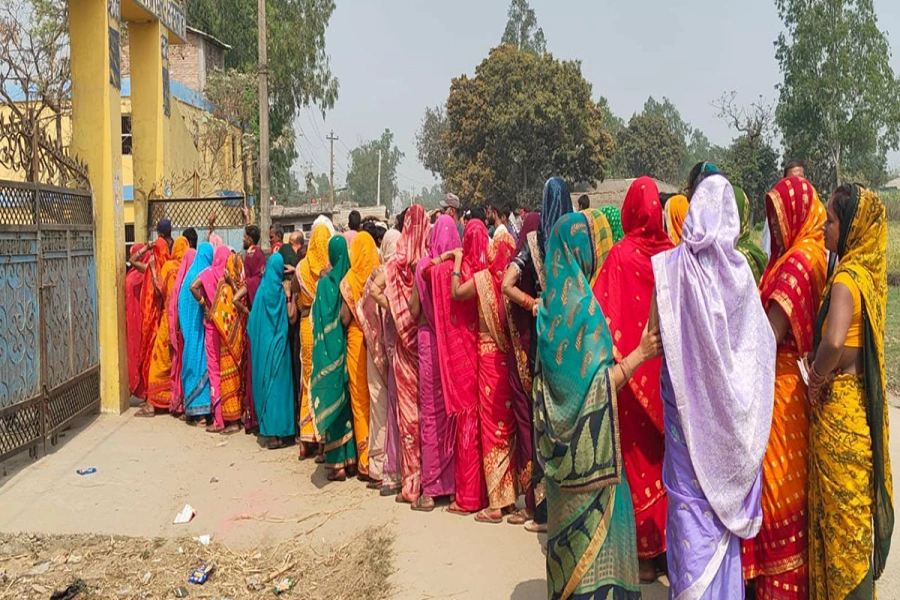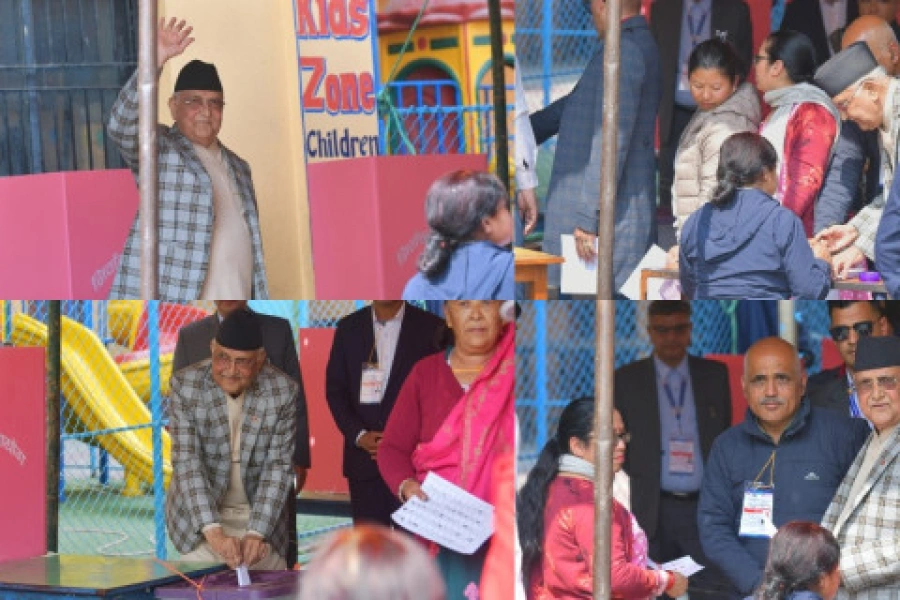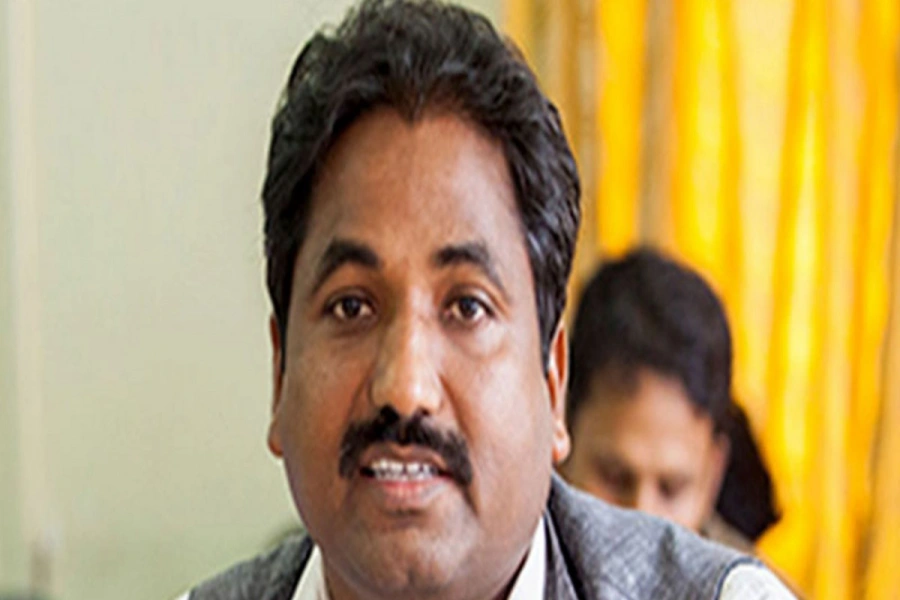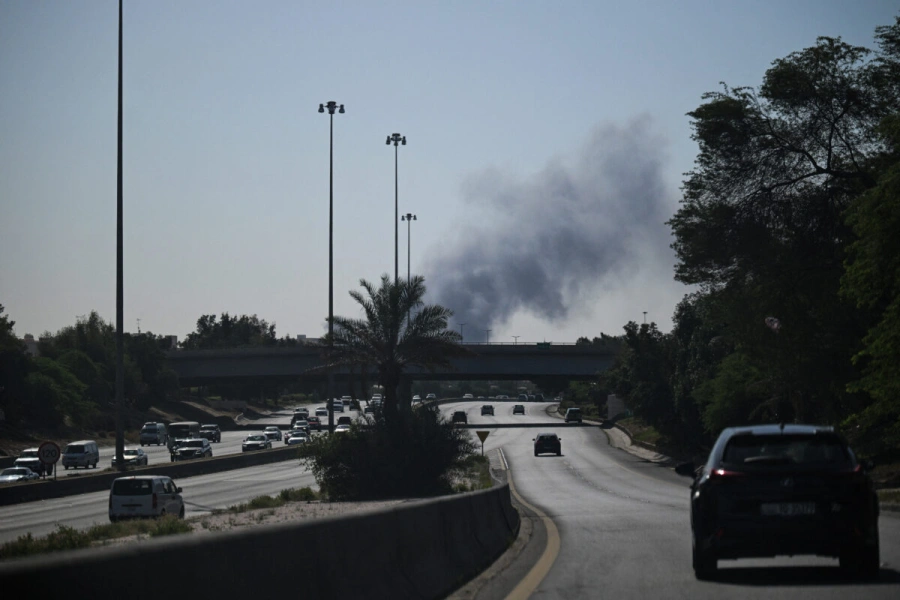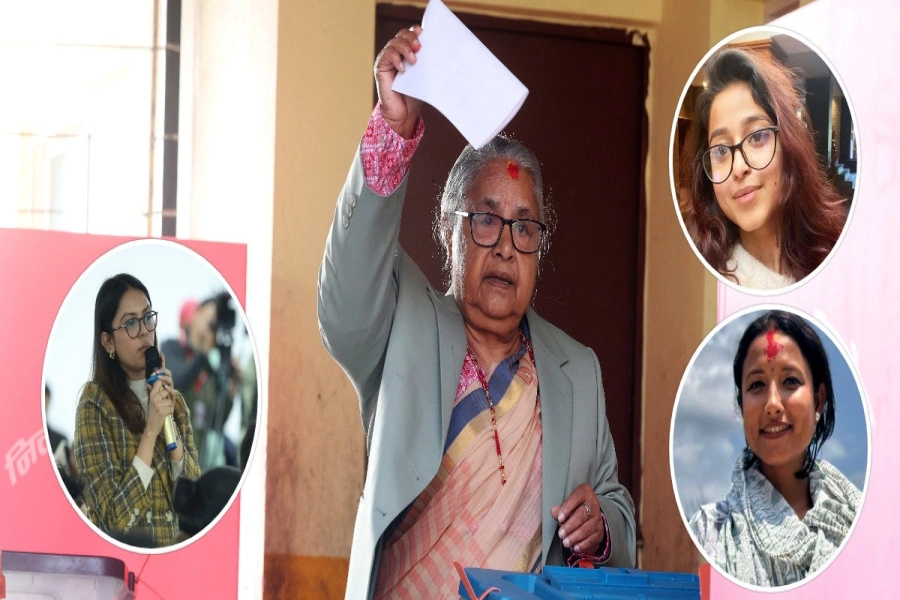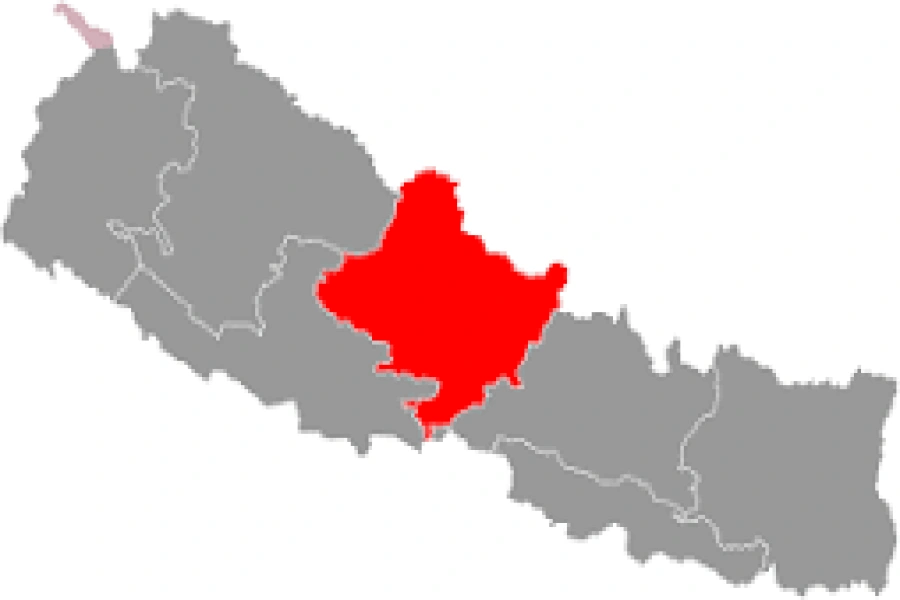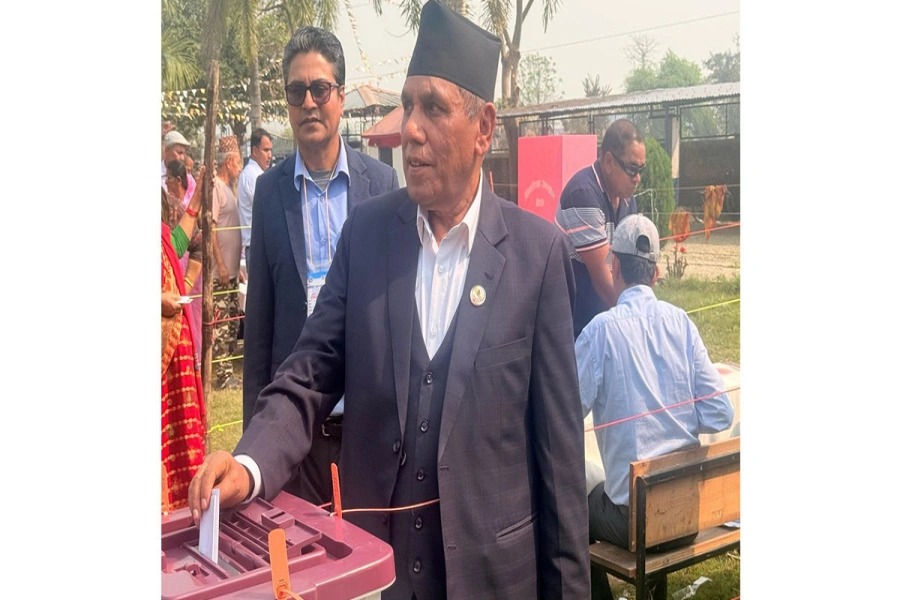Excessive political interference haunts every section of Nepal. Starting from the water sources and the common paths the public use to fields and hills where people collect firewood and grass, everything has its own political color and influence. People as well as places are not only identified as belonging to the Nepali Congress, CPN-UML, Maoist Center, or other political parties, but behavioral attitudes are also driven by such identifications. This is precisely why, in some places, wells, radios, newspapers, and resting places are divided along party lines. In some areas, even the name of the local square or intersection is based on the name of a political party.
Unfortunately, this disease called politicization has also contaminated the civil service of Nepal. Since civil servants draw their salaries from the tax levied on the public, they should be accountable to the state treasury. Gradually, however, civil servants have kept themselves far away from such accountability. Over the years, they have become accountable either to their own interests or the political party they are affiliated to, rather than the country and its people. Such a situation has created a negative image of civil servants among the public at large. Yet, this realization does not appear to reach the employees themselves.
It is because of this partisanship that civil servants in Nepal have formed unions under the banner of the parties they support. Such unions are directly affiliated to and function under the UML, NC, Maoist Center or other political parties. The “civil servants” who are affiliated to one or the other political party do not perform their work as a duty but kowtow to the leaders of their respective parties and get their interests served. All this has greatly hampered the process of service delivery by the state while the government employees remain insensitive to the sufferings of the people.
Chaos, united

Lately, the issue of the existence of these unions in the country’s bureaucracy has surfaced in the meetings of the State Affairs and Good Governance Committee of the House of Representatives. The issue is not necessarily on whether or not there should be a trade union of civil servants, but whether such unions should be formed along the lines of political parties. The civil servants were allowed to form different trade unions along the lines of different political parties by making an amendment (second) to the Civil Service Act, 2049 BS. However, the government employees have not only formed such unions but also misused them blatantly. This was a special privilege given to the civil servants for their support to the popular uprising of 2006, but they have abused this privilege, using it as a tool not to work for years and indulge in corruption.
Nowadays, the heads of these “employees’ unions” are primarily busy in influencing the transfers to the ’juicy’ offices if their party is in power, getting their people government contracts, facilitating foreign trips, and acting as brokers between ministers, leaders, contractors, and/or rival parties and groups. They basically do nothing in their offices nor do they follow the orders of their superiors. All this has contributed to the creation of an environment where the honest government employees feel sidelined, disappointed or even frustrated.
So much so that these unions even organize protests at times, and their leaders are known to try to stage protests within the central administrative offices, including Singha Durbar. This has further polluted the civil service. In Nepal, civil servants are considered very fortunate people who draw regular salaries and benefits, irrespective of the economic situation in the country. Many of the rich countries of the world had cut the salaries of their employees during the COVID-19 pandemic. But in Nepal, government employees continued to draw their salaries and other benefits without going to the office. Not only that, when the funds were in shortage, social security benefits were halted, making the elderly unable even to buy medicines, and the health centers ran out of basic medicines like paracetamol, yet the salaries of the employees were never cut. For such fortunate employees, the unions have now been useful in fulfilling their own selfish interests.
Civil servants are not workers of a carpet or furniture factory. Even before joining the service, the services, benefits, job security, pension and gratuity fund schemes and medical treatment of civil servants are predetermined by the government. Indeed, all these are actually the terms and conditions which they accept by joining the civil service. Thus, after employment, there must not be any cause for protests or any form of resistance. If an injustice is meted out by a superior, there is a legal course for redress since the country is ruled by the rule of law.
Thus, the debate on whether civil servants should be allowed to have political party-affiliated trade unions is an appropriate one. A union is necessary for collective bargaining, but the question is - who needs this type of collective bargaining? As far as civil servants of Nepal are concerned, the answer is - they do not need such collective bargaining. Thus, these party-based trade unions do not have any justification in the civil service of Nepal. In fact, such party-based unions should be discarded as they undermine the civil service from inside like parasites. And the results of this dysfunction are there for everyone to see.



